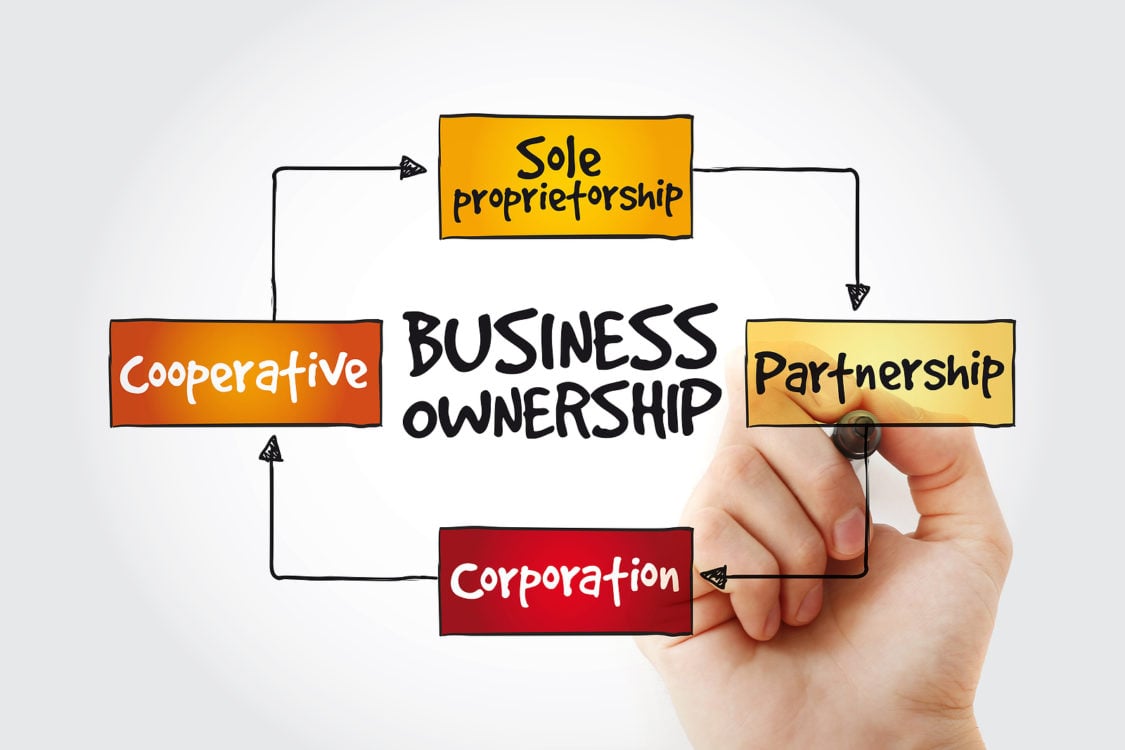If you’re a sole proprietor, or someone thinking of becoming one, here’s five reasons for why we think forming a sole proprietorship may not be the best structure for you.
If you’re a sole proprietor, or someone thinking of becoming one, here’s five reasons for why we think forming a sole proprietorship may not be the best structure for you.
Unlimited liability
Sole proprietorships are a type of business structure that is not considered to be legally separate from their owners. This implies that you conduct business under your own name, if you do not have a “doing business as” name (DBA), and that you are entitled to your business’ entire profits. However, as the owner, you will also be held personally liable for the debts and losses of your business. In essence, because you and your sole proprietorship are considered one and the same legal entity, you risk the seizure of your personal financial and physical assets, in the event your business is sued and found legally liable or you default on your business debts. A sole proprietorship does not provide protection for your personal assets.
Sole proprietorships offer no tax benefits
As a sole proprietor, the profits of your business is only taxed once you report your sole proprietorship’s total profit (and your income) on your personal tax return. Yet, as a sole proprietor you are also technically self-employed, which means you also are required to pay self-employment tax alongside your income tax each year. Self-employment tax is a tax imposed on small business owners by the federal government, self-employment tax consists of two parts, the first is Social Security tax and the other is Medicare taxes. To find out more about employment taxes and why you are required to pay them, you have visit the site of the Internal Revenue Service (IRS) website for more information.
Less credibility and branding potential
Because you will be conducting business under you own name, you would have to invoice and receive payments, open bank accounts and market your business in your own name; this decreases your credibility as a formal business and creditors may only be satisfied to make a business deal with your personal assets as collateral if they deem your business assets are insufficient. Banks and other financial institutions may also be less than eager to grant you a financial loan due to the high turnover rates of sole proprietorship generally speaking. As a sole proprietor, you will have less credibility, than an incorporated business, and you will also have less opportunities to market your business as a “brand” if you are conducting business under your own name instead of a DBA name.
Limited business continuity and potential growth
How much your sole proprietorship will grow once you have formed it is really dependent on you as an owner. If you happen to pass away, or decide you are no longer interested in running your business, your business will cease to exist. In other words, the continuity of your sole proprietorship is dependent on you being invested in conducting business, the continuity of your business will stop if you depart from your business. The same can be said of the other side of the coin. If your business becomes increasingly profitable and therefore has more risks (financial and personal) associated with it, the need to incorporate your business will also increase. By incorporating, or rather by converting your business into a formal business structure, from a sole proprietorship, you will be able to avoid most of the risks that come with unlimited liability. This is something to think of if your business is getting more and more profitable.
Difficulty of raising financial capital
As a sole proprietor, you may also find it very difficult to raise capital or gain access to resources outside your business deals and transactions. One option you can use is to use your own finances to fund your sole proprietorship until it is operational and profitable. But if you, like many others, have limited financial resources to invest into your sole proprietorship, then your next best option is a bank loan, and we have already mentioned the difficulties of getting a bank loan as a sole proprietor, or your other option is debt financing. Debt financing is when you, as an owner, offer a percentage of your business to an outside party in exchange for capital. In all these cases, gaining access to capital and other resources is not easily done and should be thought out before any transactions are made.
We have just listed the reasons why you should not consider opening a sole proprietorship, however these reasons should not stop you from acting on your business idea. If you want to know more about how you can form your business, visit TRUiC’s site and get the assistance you need to start conducting business today.

